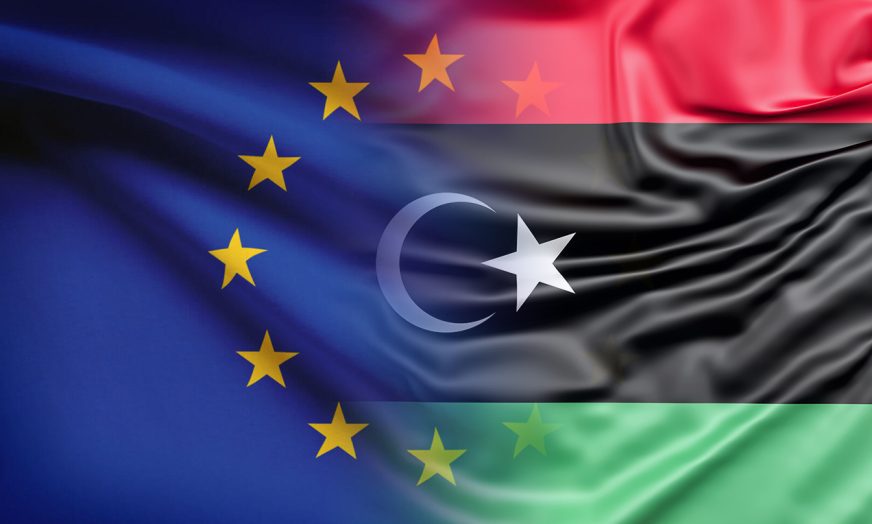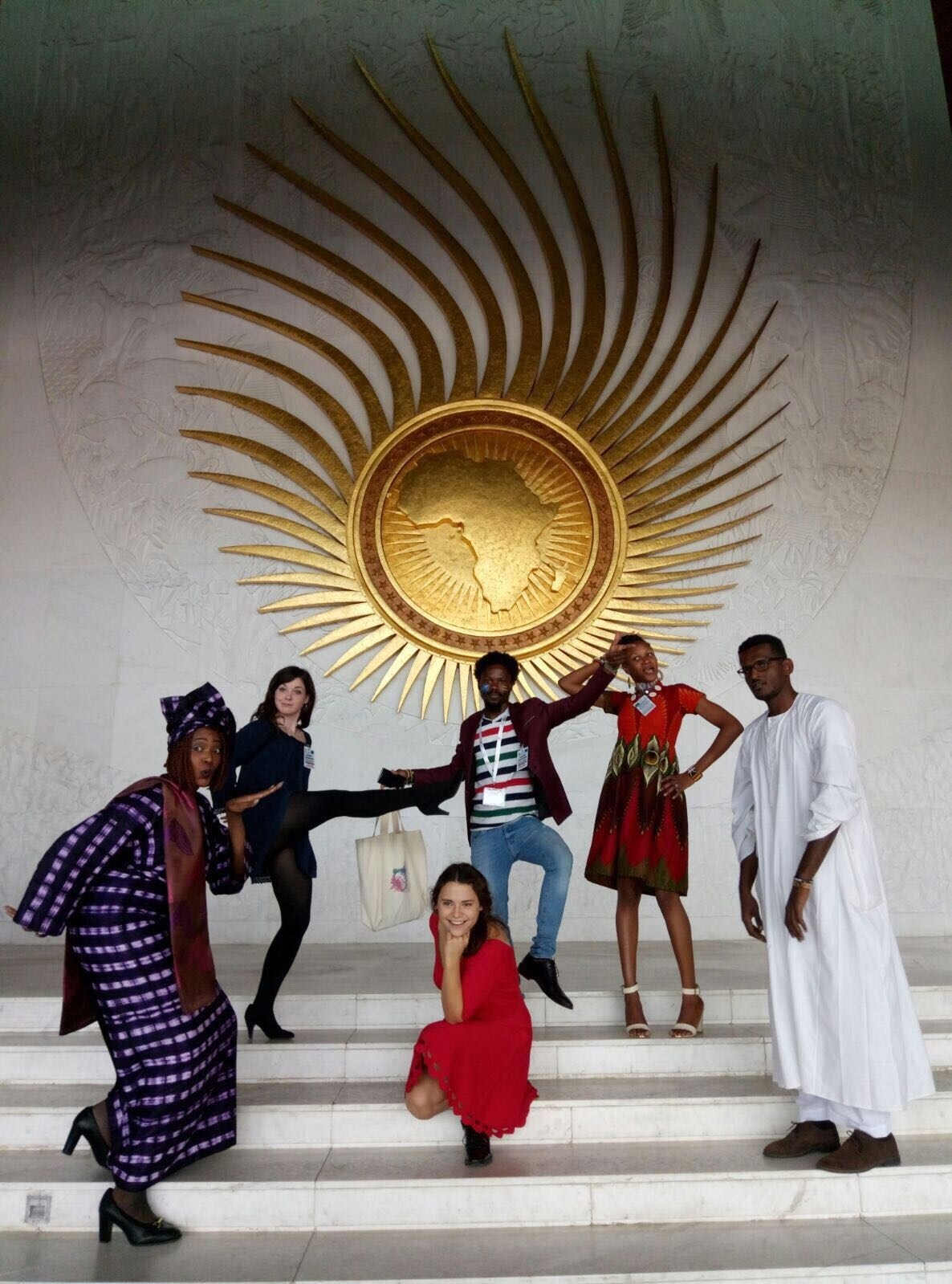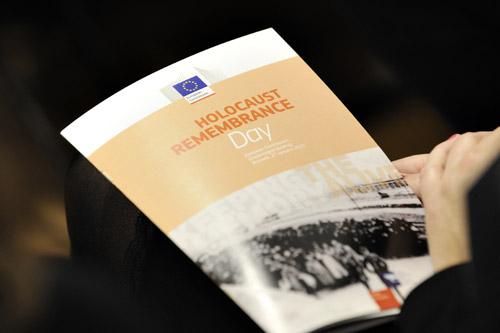EU Statement – Interactive dialogue on OHCHR report on technical assistance in Libya

The EU wishes to thank OHCHR for the presentation on the technical assistance and capacity building measures. The close cooperation with UNSMIL and engagement with the Libyan authorities contributed to promoting dialogue and cooperation. We welcome the development of a national human rights action plan targeting a series of recommendations of the FFM. In this light, we commend Libya’s efforts to engage in human rights discussions and encourage Libya to continue taking steps towards improving the overall human rights situation in the country, while ensuring accountability and justice to human rights violations and abuses.
However, we must also recognize the challenges that Libya still faces: Widespread violations of human rights and international humanitarian law, sexual and gender-based violence, enforced disappearances and arbitrary arrests and detentions. Civic space continues to shrink and we are deeply concerned by reports of arrests and acts of intimidation targeted at civil society actors, in particular women human rights defenders.
The findings of the OHCHR report with regard to the conditions in which Libyan citizens, migrants, and refugees are detained remain of serious concern. The EU and its Member States are committed to cooperating and engaging in dialogue with Libyan authorities to strengthen protection, migration governance and border management in a manner that upholds and promotes human rights.
It is now essential to see that the recommendations resulting from the report will be translated into action. We call on Libyan authorities to fully cooperate with the United Nations human rights system and the International Criminal Court, and to facilitate their unhindered and safe access throughout Libya, including to places of detention.
The EU stands ready to work with Libya towards sustainable peace and stability while supporting reconciliation, transitional justice and national unity.




























 Syria
Syria 





